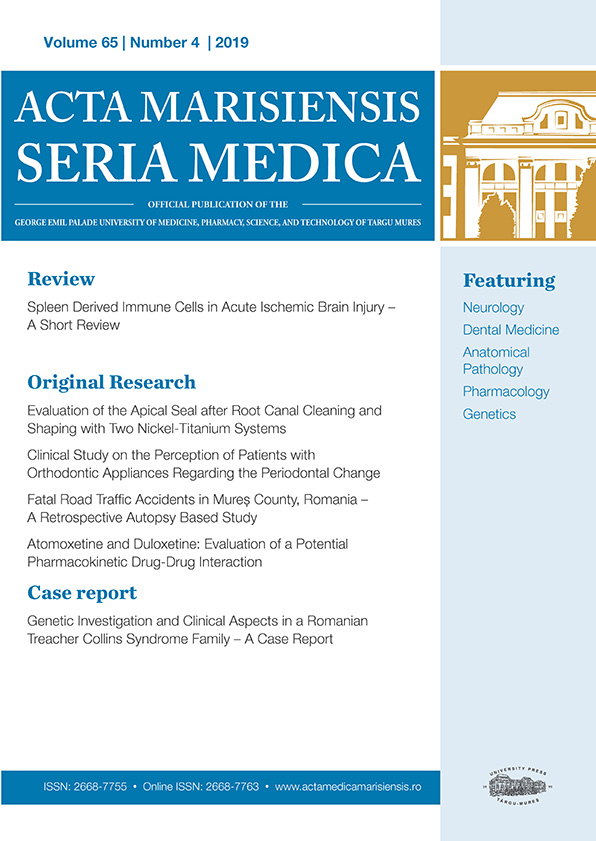Case Report: Respiratory Distress Syndrome, Recurrent Pneumothorax, and Multisystem Complications in a Late Preterm Neonate
DOI:
https://doi.org/10.2478/amma-2026-0002Keywords:
Respiratory Distress Syndrome, Pneumothorax, High-Frequency Oscillatory Ventilation, Late Preterm Neonate, Multisystem ComplicationsAbstract
Introduction:
Pneumothorax in premature neonates remains a significant clinical issue, especially when linked to respiratory distress syndrome and systemic inflammation. Providing early respiratory support and customized interventions is essential to prevent life-threatening complications.
Objective:
To present the complex and evolving management of a late preterm neonate with respiratory distress syndrome, bilateral recurrent pneumothorax, congenital pneumonia, and intraventricular hemorrhage.
Methods:
A female newborn born at 36 weeks via cesarean due to placenta previa and uterine scarring showed worsening respiratory distress soon after birth. Her condition required various levels of respiratory support, including intratracheal surfactant, high-frequency oscillatory ventilation, and surgical pleural drainage. A suspected congenital infection caused a systemic inflammatory response, leading to extended, targeted antimicrobial treatment.
Results:
Despite multiple episodes of respiratory decompensation and radiologically confirmed recurrent pneumothorax, the patient responded well to high-frequency oscillatory ventilation and surgical pleural drainage. Gradual clinical improvement allowed for stopping respiratory support by day twelve, leading to full recovery without additional complications.
Conclusion:
This case highlights the critical importance of personalized, step-by-step management in preterm neonates with respiratory distress syndrome complicated by recurrent pneumothorax and infectious comorbidities, emphasizing the therapeutic benefits of early surfactant therapy, high-frequency oscillatory ventilation, surgical pleural drainage, and targeted antimicrobial treatment.
Downloads
Published
How to Cite
License
Copyright (c) 2025 Mihaela Maria Celsie, Irina Bachis, Manuela Camelia Cucerea

This work is licensed under a Creative Commons Attribution 4.0 International License.
Acta Marisiensis Seria Medica provides immediate open access to its content under the Creative Commons BY 4.0 license.








